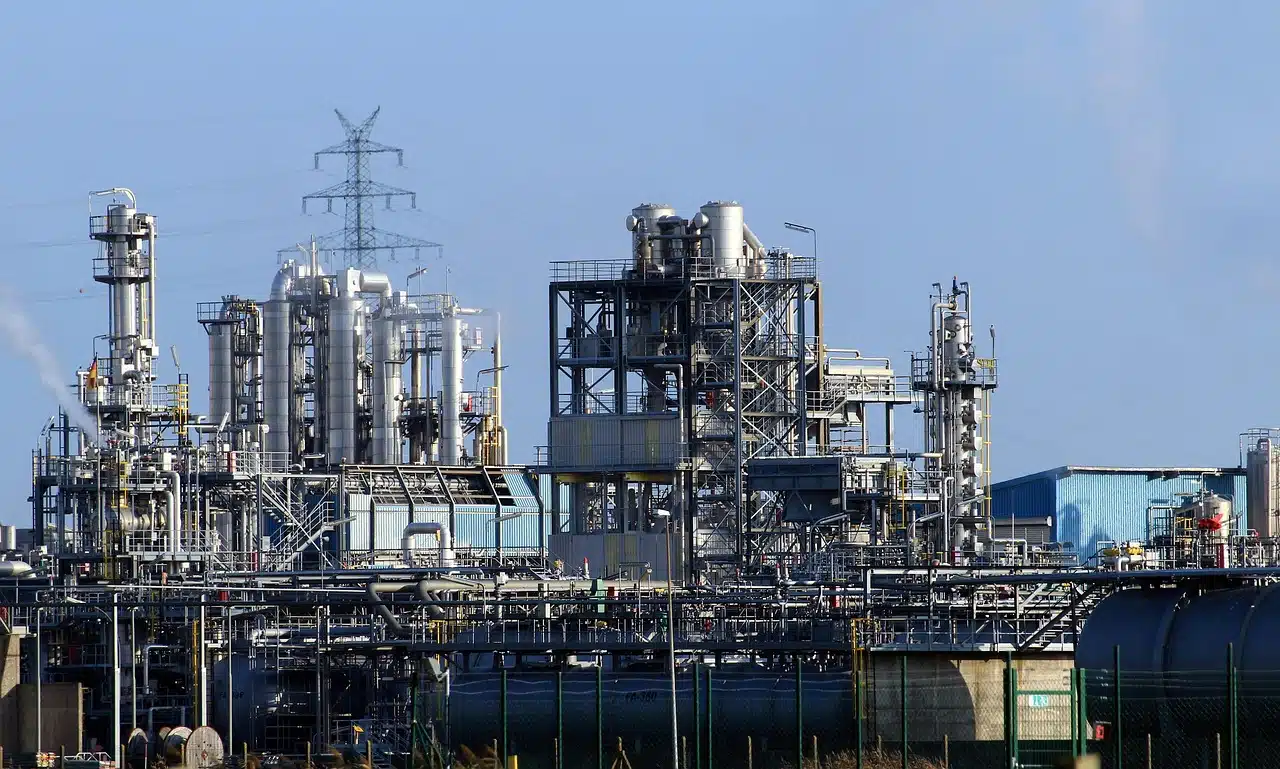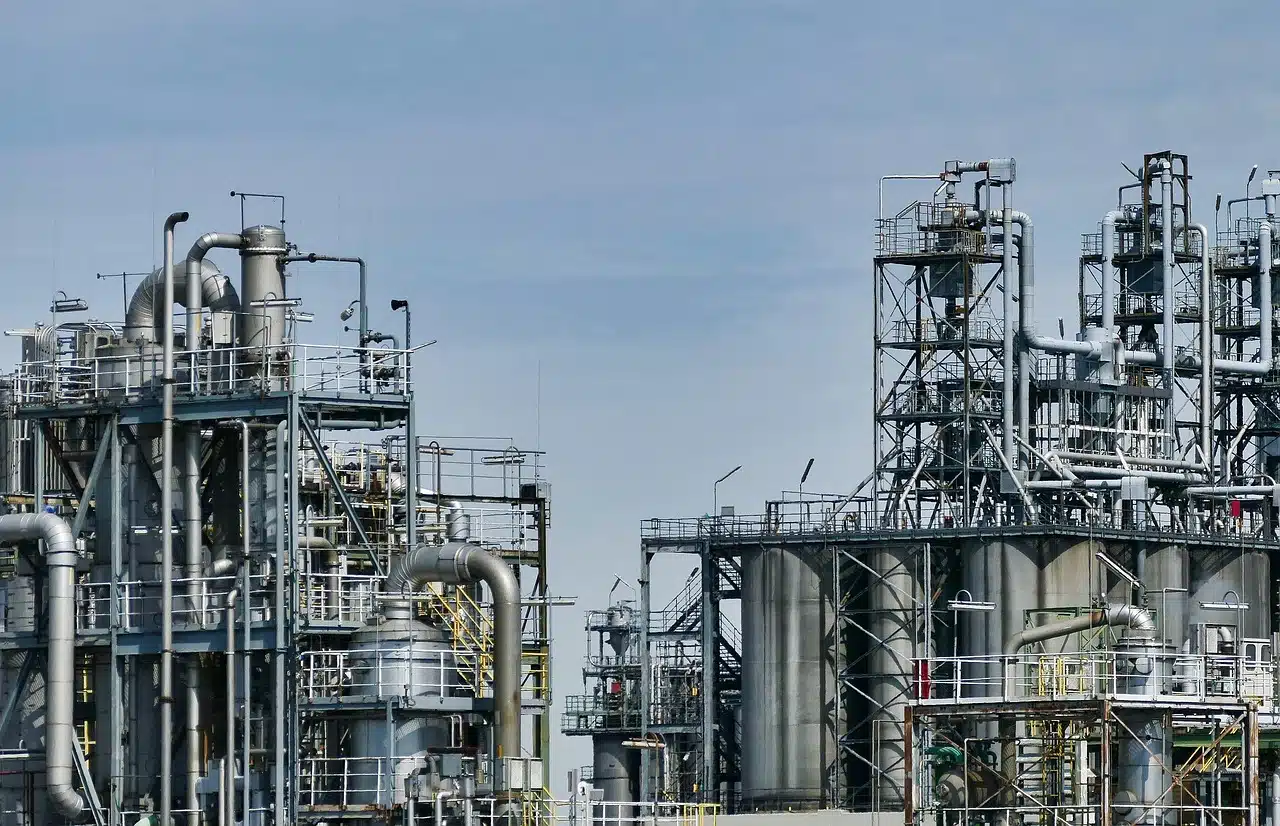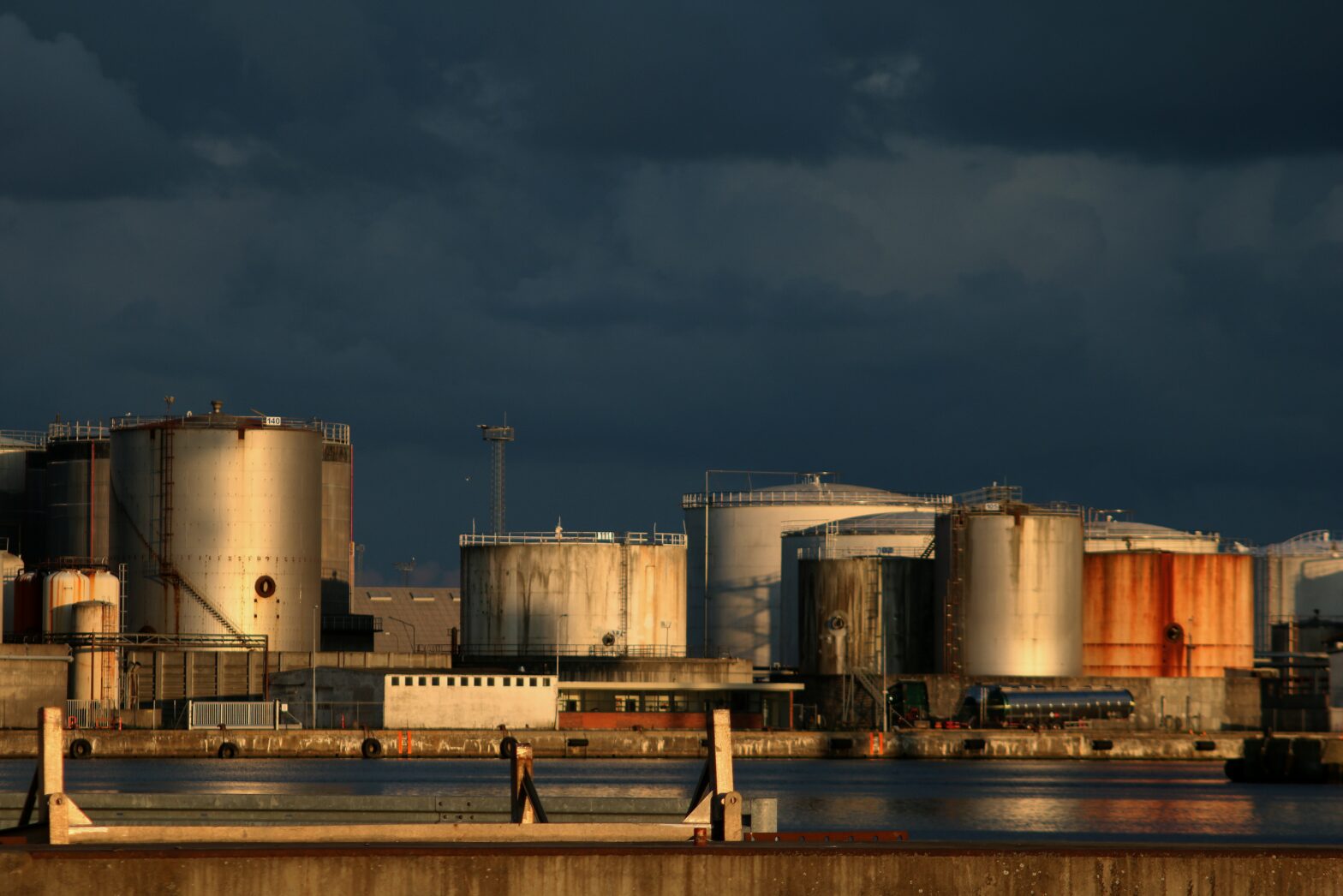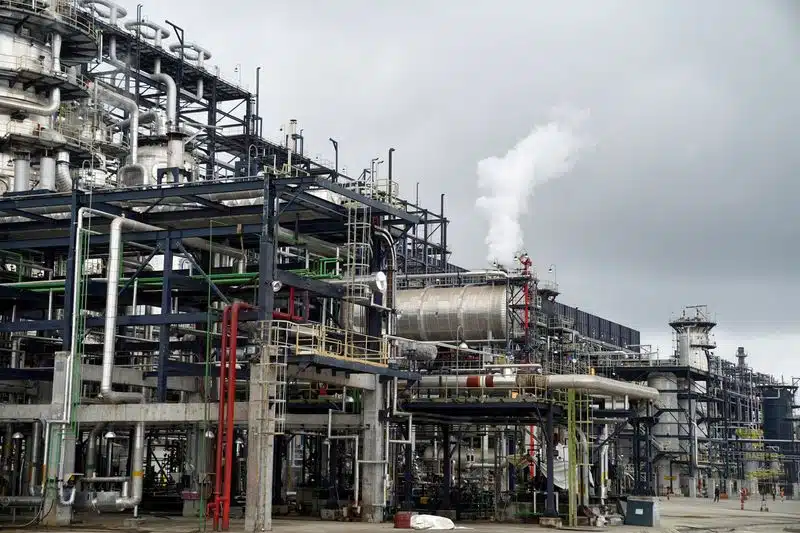On July 23, 2025, Nigeria’s lawmakers announced plans to probe the maintenance cost of the state-owned refineries, which had gulped up to $8 billion in rehabilitation expenses.
This isn’t the first time the refineries have been opened to public scrutiny.
Nigeria has four petrochemical plants owned by the federal government, all of which are not operational.
The refineries have been a thorn in the skin of every successive government and leadership of the national oil company, NNPC.
The last leadership of NNPC set as one of its mandates plans to revive the plants.
The effort then meant technical reassessment, turnaround maintenance, and even replacement of catalytic units and other equipment, which were all financed by oil-backed million-dollar loans, among others.
Prior to stepping down as head of NNPC, Mele Kyari, the former GCEO of the oil firm, announced that the plants are now working.
There were even ceremonial openings, with photo ops, various press briefings, alongside praises from the president for a job well done.
But contrary to what Kyari and NNPC declared, the job wasn’t well done. In fact, it appeared like the job wasn’t done at all.
In May this year, the refineries were shut down again, with the new GCEO, Bashir Ojulari, stating the company is mulling selling them as maintenance didn’t go as planned.
Ojulari would later retract the statement, adding that the refineries would undergo another maintenance.
For most Nigerians, who had helplessly waited for a time where the country would have a working public refinery, it seems the wait now is exhausting.
A lot of people are now clamouring that they should be sold off, and the money gotten from them be allocated to other critical areas of the economy.
After all, the funds used to maintain them are directly from taxpayers’ pockets.
But selling a state-owned asset in Nigeria is never an easy task.
In a nation where public trust is pretty low toward their government, some people maintain that such a privatization move from the government, given past precedents, is usually shrouded in corruption, cronyism, and other malfeasant activities that result in value erosion.
In this article, we painstakingly explore some of the cases made for selling or keeping the refineries.
The case for selling
The case for disposing of the refineries is pretty straightforward, but also requires some nuances for it to be fully captured.
- The refineries are costing too much
The first argument would be the refineries are gulping way too much of public finance, and they are not returning the supposed value.
Till today, there are people on the payroll of the government being paid for keeping the four refineries running. The irony is that the plants are not even crawling into operation, let alone running.
By estimate, Nigeria has squandered nothing less than $20 billion on all the refineries in the last decade, but it has nothing to show for it.
Selling the refineries would mean the government quits wasting money on a dead-end project and focuses on its other assets that could possibly bring a return of value.
- Private investors can manage the refineries better
Another case would be that the refineries are better off in the hands of private owners.
Most people would argue that it would be almost impossible for a privately run business with an incentive to break even or avoid loss not to manage the refineries well.
A good example here is the Dangote refinery, which is privately owned and run by Africa’s richest man, Aliko Dangote.
Dangote’s refinery was first conceived about ten years ago but finally came on stream mid-last year.
Prior to the time Aliko conceived the Dangote refinery, the state-owned refineries had been going through rehabilitation.
Some would point to the fact that if Dangote can manage his own refinery, others too should be able to manage a completed refinery such as the Port Harcourt or Warri refineries.
- Create investment opportunities
For a more centrist view, the campaign could be the government opens the refineries up for joint venture agreements, where it sells an operating stake to an investor while it retains a minority stake.
Perhaps some sort of 60 and 40% agreement.
This isn’t a novel approach in Nigeria’s economic sectors.
In 2013, for example, Nigeria’s government sold majority stakes to electricity distribution companies while retaining a 40% stake in these enterprises.
This argument is more balanced and centrist. It also means the refineries can attract investment and have operating costs fall under the purview of the investors, not the federal government.
- Government has no business with business
Another general view would be that the government has no business in handling business, particularly refineries.
Most functioning refineries across the globe are run by the private sector, with little or no government presence.
Take the United States, for instance, with over 100 refineries, yet none is run by the government.
The argument therefore is that the government should step back completely and let the private sector do what it does best.
The case for holding on
The case for holding on to the refineries is also multifaceted, with understandable nuances.
Below are some of the arguments of those on the other side of the aisle.
- National energy security
Refineries are not just plants that process crude; they are also storage facilities for petroleum products.
In a situation where all refineries are in the hands of a private individual, it could be difficult for the nation to decide who gets what at a given time.
In addition, given the critical nature of energy security, urgent scenarios where the nation may require to protect itself from external interference, not being able to control one’s refinery capacity can be extremely detrimental to the nation’s security.
This argument is rather extreme, but theoretically, it makes for a good case for holding on to state-owned refineries.
- Erosion in value
This is an argument that has been made by some quarters, and it revolves mainly around cost.
The GCEO of NNPC recently said regarding erosion of value:
“Selling is highly unlikely as it would lead to further value erosion.”
What this means in simple terms is that the government may not get back the monetary value of the refineries when sold to an investor.
Imagine all the funds the government has spent over the years building the refineries, including the unaccounted billions of dollars in turnaround maintenance.
Most prospective buyers may not see those values as substantial since the refineries are still not working.
Any buyer would still have to consider the cost of rehabilitating them after purchase, which means he will have no choice but to underprice the refineries.
In other words, the government will get less if the refineries are sold to private investors.
- Cronyism and corruption
Another argument would be the “Nigerian factor,” which simply means any bid for national assets or contracts supposedly leads to cronyism and allegations of corruption.
There are, in fact, very few Nigerian assets sold to the private sector which have not been marred by these allegations.
From the privatization effort of the telecommunications sector to oil block allocations which led to international litigation, Nigeria has a record of ignoring due process and shunning transparent and open bidding.
Most people would maintain that these refineries would simply be “allocated” to the inner network of the government of the day or whoever is able to pay the highest bribe.
In a nutshell, Nigeria will get zero value from the sale, especially when those they’re handed over to may not have the capacity and expertise to run them efficiently.
The fear of cronyism makes most Nigerians skeptical about the sales.
- National competitiveness
Owning a refinery as an oil-producing nation is actually a big deal for Nigeria.
Like most oil-exporting countries in Africa, Nigeria believes that for it to retain its competitiveness, it has to have a state-owned refinery.
Countries like Egypt, Angola, and Libya, who are Nigeria’s contemporaries, all have state-owned refineries.
So it only makes sense for the country to own one.
Besides, the reason the refineries were built was so as to process the country’s crude for industrialization and compete globally.
If Nigeria processes its own crude, it can then allocate it whichever way it wants to drive its economic development.
This argument is more symbolic than substantial. But it’s also a solid case to make for holding on to the refineries.
Bottom line
Finally, it’s up to the government of the day to decide what direction it wants to take as it pertains to its energy security.
Nigeria is a complex country, and addressing its refinery challenges would include having a nuanced conversation on what should be the way forward.
In short, there is no straitjacket answer.
However, the goal should be to get the refineries working, whether through a privately owned enterprise or government-controlled system.
Either way, where we currently are isn’t where we are meant to be.
Together, all four refineries can process about 450,000 bpd, creating a huge flow of energy sufficiency for the nation.
The question then remains: how do we get them to start?











